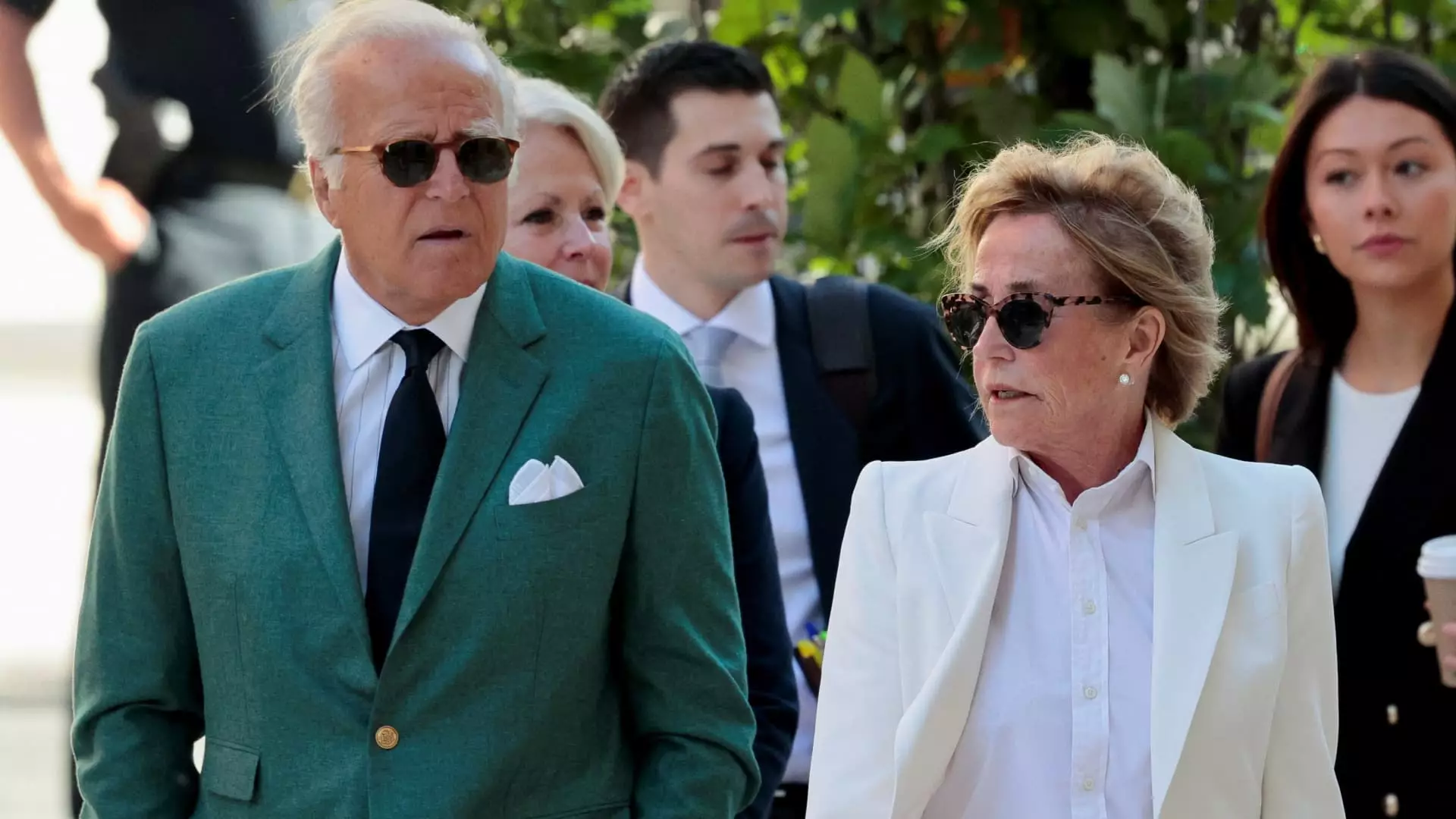In a dramatic display of executive power, President Joe Biden issued preemptive pardons for several family members on a recent Monday. By pardoning three of his siblings and their spouses, Biden defended his family against what he described as “baseless and politically motivated investigations.” This move raises questions about the intersection of personal relationships and political strategy in a deeply polarized environment. The pardons were announced coincidentally just minutes before President-elect Donald Trump took his oath of office, a timing choice that suggests an acute awareness of the political landscape.
The pardoned individuals included Biden’s brother, James; his sister, Valerie Owens; and their spouses. These decisions were further compounded by pardons for other significant figures, such as Dr. Anthony Fauci and military leaders involved in the response to the January 6 Capitol riot. The pardons hint at a broader strategy to protect not only family members but also key figures associated with the Biden administration; the implication being that they too could be swept into the partisan whirlwind of investigations.
A preemptive pardon, traditionally reserved for individuals who have already committed wrongdoing, takes on an unusual quality when the subjects insist on their innocence. Biden’s press release emphasized that the pardons should not be interpreted as admissions of guilt. Instead, he lamented the “unrelenting attacks” his family has faced, asserting that such actions are motivated by a politically charged atmosphere intent on harming him. By framing the pardons as a defense against reputational damage rather than a concession to guilt, Biden seeks to reassert control over a narrative that paints him as vulnerable.
This situation illuminates the broader issue of how political families navigate scrutiny and investigations. The mere act of being investigated often equates to an erosion of public trust and personal reputation. The anxiety surrounding such investigations, whether justified or not, reflects an unfortunate reality in American politics. Even the most robust legal defenses cannot shield individuals entirely from the reputational fallout associated with public allegations.
Biden’s remarks emphasize that the motivations behind these investigations are rooted in partisanship rather than legitimate legal inquiry. His assertion that “the worst kind of partisan politics” fuels these attacks resonates with many American families who feel ensnared in a hyper-political environment. The invocation of family in this context not only humanizes the situation but also draws on the emotional weight of kinship. Biden’s strategic choice to elevate the protection of familial bonds highlights human vulnerabilities amidst political strife.
Biden’s motivations for this extensive use of presidential pardon power have also drawn criticism. Some may argue that his actions could set a dangerous precedent in which family ties supersede accountability. By actively shielding his relatives from investigations, Biden invites scrutiny of his motivations, suggesting that family loyalty might influence decisions typically reserved for legal adjudication.
In the realm of executive clemency, particularly presidential pardons, the line between personal favoritism and genuine legal necessity often blurs. Biden’s pardoning spree also included former political figures, indicating a potential ethos of rehabilitation rather than mere protection. However, the political dimensions cannot be completely disentangled from the personal ties inherent in the chosen recipients.
Historically, the power to pardon has been employed in situations of injustice or excessive punishment. Biden’s use of this power in response to alleged politically motivated actions raises critical issues regarding the balance of power, accountability, and the integrity of legal processes. While maintaining that these pardons are fundamentally about justice and protection, the optics could suggest the prioritization of political affiliations over the rule of law.
President Biden’s decision to issue preemptive pardons to his family crystalizes the complex interplay between personal loyalties and the politically charged atmosphere of contemporary America. As the nation grapples with divisions over political accountability, such actions can be seen as necessary protection or as a precarious endorsement of nepotism. Ultimately, the ramifications of these pardons will likely ripple through both the Biden family and the broader political discourse, raising vital questions about fairness, justice, and the ethical implications of wielding presidential power.


Leave a Reply